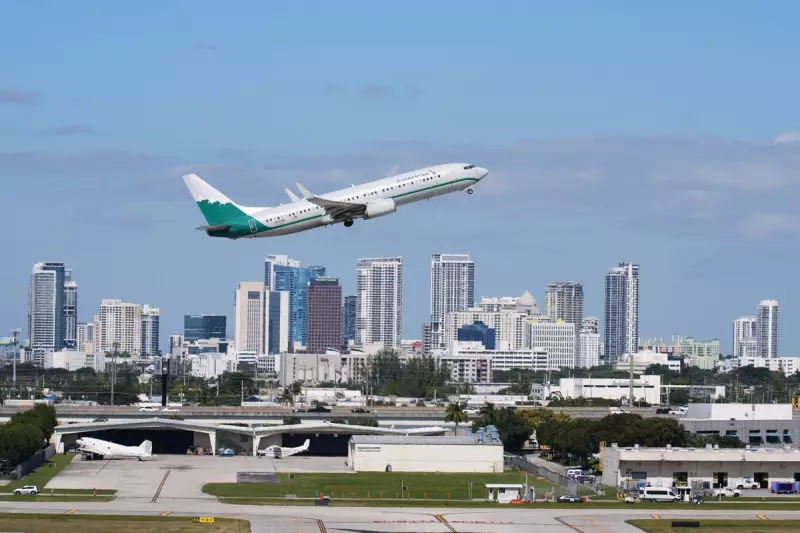
In a rare display of cross-party cooperation, US lawmakers have introduced legislation designed to guarantee air traffic controllers receive their salaries during any future government shutdowns. This move comes directly after the record 43-day funding lapse that caused significant flight disruptions and ended last week.
How the New Bill Would Work
The proposed legislation, unveiled on Tuesday, would tap into a little-used flight insurance fund established after the September 11 attacks. This fund currently holds a substantial $2.6 billion. The bill would authorise the use of this money to cover the salaries of air traffic controllers, along with other Federal Aviation Administration (FAA) operating expenses and programmes.
The bipartisan group of sponsors, which includes four senior Republicans and Democrats from the House Transportation and Infrastructure Committee, believes this approach makes the bill more attractive. Using the existing fund, rather than creating new spending, limits the potential cost of ensuring these essential workers are paid.
U.S. Rep. Sam Graves, the GOP chairman of the committee, stated, "This bill guarantees that controllers, who have one of the most high-pressure jobs in the nation, will get paid during any future funding lapses." He emphasised that the measure is crucial for keeping the travelling public safe. Other key sponsors are Democratic Reps. Rick Larsen and Andre Carson, and Republican Rep. Troy Nehls.
The Urgent Need for a Solution
The push for this bill was fuelled by the severe strain placed on the aviation system during the recent shutdown. Air traffic controllers and FAA technicians are deemed essential personnel, meaning they are required to work without pay during a funding lapse. However, as the shutdown stretched on this autumn, more controllers began calling out of work, citing immense financial pressure and the need to find side jobs to make ends meet.
This led to a cascade of flight delays and cancellations. The situation deteriorated so dramatically that the government took the unprecedented step of ordering airlines to reduce flights at 40 of the nation's busiest airports. This was a direct effort to relieve pressure on the overwhelmed system and its exhausted staff. Thousands of flights were cancelled before the order was lifted and normal operations resumed on Monday.
Previous Attempts and Future Hurdles
This is not the first time lawmakers have sought a long-term solution. Similar proposals have circulated in Congress since a 35-day shutdown in 2019, but none have been successfully passed into law. For instance, a recurring bill known as the Aviation Funding Stability Act, championed by Senator Jerry Moran, would use a different aviation trust fund funded by airline fees.
The new bill includes a safeguard: funding would cease if the insurance fund's balance falls below $1 billion. Even with this limit, Transportation Committee staff estimate it would provide enough money to keep the FAA operational for four to six weeks during a shutdown.
Despite the bipartisan support, it remains uncertain whether this bill or any other will be approved before the next government funding deadline at the end of January. The bill's introduction precedes a scheduled Senate subcommittee hearing on Wednesday to examine the impacts of the recent 43-day shutdown on aviation.





